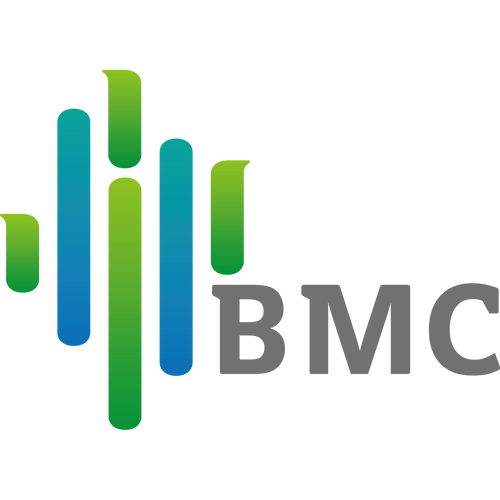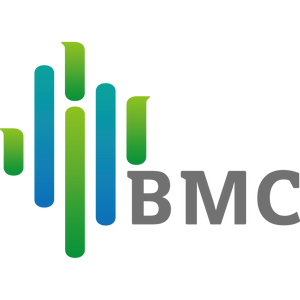However, this treatment is accompanied by side effects, and users may keep asking when to stop using the therapy, the possible side effects after quitting, CPAP alternatives, etc. Keep reading the guide below to have the solutions to these questions and other necessary information about CPAP.
When Can I Stop Using CPAP Machine?
According to the Severity of Disease
The critical thing to note is that the CPAP machine may not completely cure the sleep apnea condition you are struggling with. Instead, it helps the patient to achieve a quality and restful sleep regardless of how the conditions seem to be. Therefore, the experts recommend continuing to use this machine as long as your sleep apnea condition has not lessened.
On the other hand, you can stop using a CPAP machine if the condition enters remission or becomes cured. Generally, curing this condition will depend on factors such as what is the cause of sleep apnea and what you can do to lessen this disease's severity.
Do You Have Any Side Effects of Utilizing a CPAP Machine?
The simple answer is yes! You are likely to experience some side effects which come along with using the CPAP machine. However, the side effects tend to vary individually, and they can be controlled and don't immerse you in any risky condition. Below are common side effects of CPAP machine usage:
1. Discomfort
The user may experience some discomfort when he or she tries to sleep. This is because the mask can feel constrictive and bulky. Further, the hose may disrupt your sleeping position as you may need to sleep on your back. In addition, exhaling may be uncomfortable, especially when the pressure of CPAP equipment is too high.
2. Aerophagia
This term is used to explain swallowing or eating air. And it generally happens when the CPAP machine is too high for the user, which may result in bloating and gas.
3. Mask Leak
In some cases, the CPAP mask may not suit properly or preferably is not perfectly cleaned, causing leakage. In leakage cases, means there is a high probability that the machine is not able to typically reach its expected pressure.
4. Claustrophobia
Some users may feel claustrophobia when wearing this mask of CPAP because it only fits snug around the user's nose. This feeling can get worse, especially for users who wear full-face mast, which sets around the nose and mouth.
5. Skin Irritations
Based on the fact the CPAP mast suit is snug against the user's face and worn repeatedly, the user's skin may become irritated. These side effects result in skin irritations such as pressure sores or rash.
6. Stuffy, Dry Nose, or NoseBleeds
This is a common effect for CPAP users. This is because the air from this machine is being blown to the airway. And the constant flow of the air may as well cause nosebleeds.
7. Dry Mouth
This happens for people with CPAP full masks and patients with nasal masks as they breathe out using their mouths.
Tips to Prevent the CPAP Side Effects
- Choose an appropriate face mask based on your doctor's recommendation
- Adjust the CPAP Pressure
- Clean CPAP machines often
- Consider the CPAP accessories such as humidifiers, chin straps, heated tubes, nasal sprays, moisturizers, barrier creams, and mask liners. When to Consult the Doctor?
- You require immediate medical attention whenever you start experiencing too many uncomfortable side effects based on what we have discussed above.
- During the doctor's follow-up, ensure you talk about all your symptoms to give him or her a detailed review of your experience of using the CPAP machine.
What If I Use the CPAP Machine Inconsistently?
Whether you are looking to take a break from using a CPAP machine while still the condition is affecting you, then you will automatically affect your treatment. Inconsistency use of this machine, such as skipping the therapy, may have significant health implications and the possibility of developing a dangerous habit. Note that continuous use of CPAP machines helps to get a deeper, longer sleep towards getting better results.
What Happens When You Stop Using CPAP Machine?
Sleep apnea is medically defined by breathing pauses. It is the thought of not breathing while someone is asleep. When a person is not breathing, the oxygen levels in your blood fall, which raises the heart rate and blood pressure.
This action may lead to CPAP withdrawals that may be dangerous to the user's sleep apnea condition and even his or her heat. Withdrawing from this machine may increase morning arterial stiffness, and this is linked to increased mortality risk and cardiovascular disease.
Therefore, if you think you are cured of sleep apnea and feel you no longer need CPAP therapy, don't just quit. What to do? Sleep to your specialist or doctor to discuss the rationale for stopping. They may also discuss with you the medically preferred alternatives of CPAP machines based on the severity of your disease. In this case, your doctor may as well address the concerns about whether you will be at any risk after stopping CPAP therapy.
How Can I Get Rid of CPAP Machine?
The only way to get rid of this machine is when you completely get cured of the sleep apnea condition. In some rare cases, the situation may go away on its own, not based on how long or short duration you have used the CPAP machine but depending on how the patient's body is responding to this therapy.
However, the only medical-assisted way to wholly get rid of it for good is to undergo surgery to get rid of excess tissue from your throat or palate or lose weight. Remember, surgery may as well have side effects such as fever, nausea, bad breath, breathing problems, and allergic reactions. Note that any side effects that may occur, whether due to using a CPAP machine or getting rid of it, tend to vary individually.
What Can I Use Instead of CPAP Machine
BiLevel PAP or BiPAP therapy is the best alternative to this sleep apnea therapy. Instead of a single pressure, the BiPAP utilizes the two pressure (the lower exhale pressure and an inhale pressure). This alternative is also used to sleep apnea patients suffering from lung issues.
Other Alternatives
- Using oral devices and mouth guards
- Undergo Apnea surgery
- Weight loss
- Jaw advancement surgery
Conclusion
Up to this point, I hope you got the answer to your answers if you are among the CPAP users or you have a friend or relative who uses it. Based on the fact that you can stop using CPAP, the critical point is to consult your specialist/doctor before attempting any act, especially if you are under CPAP therapy.


